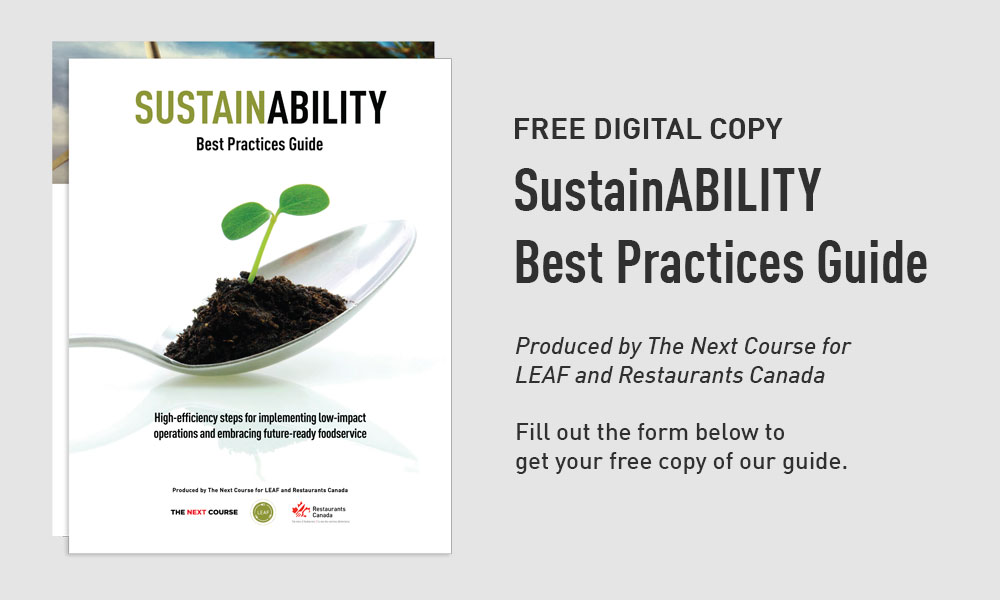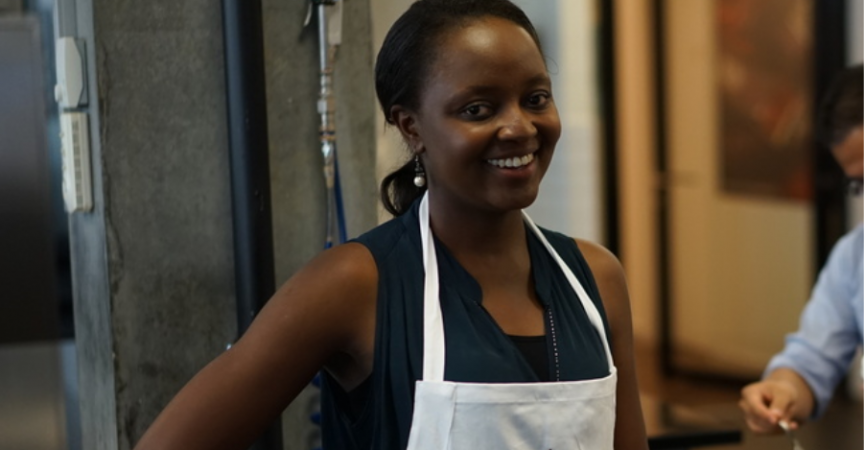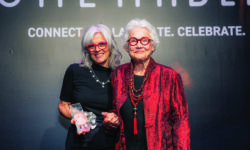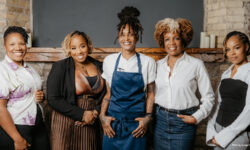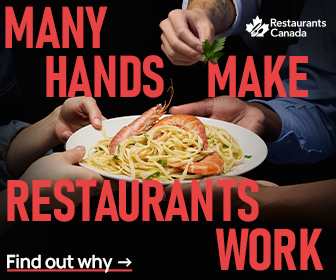When chocolate changes lives for the better
Ruvarashe Chinyemba, also known as Ruva, is someone whose life was changed thanks to chocolate. “It’s a bit of a romantic story,” she says laughing. Originally from Zimbabwe, Ruva applied for a scholarship to study abroad when the political situation in her country became unstable. In 2011, she moved to Germany where she was able to study at the Jacobs University thanks to the Jacobs Foundation—a charity that funds education for children and youth from developing countries.
The Jacobs Foundation changed Chinyemba’s life, in no small part to chocolate! Fifty-one per cent of Barry Callebaut—one of the world’s largest cocoa producers—is owned by the Jacobs Foundation. As Chinyemba puts it, “the more chocolate I sell, the more people like me can get an education!”
The second time chocolate changed her life was when Barry Callebaut offered her the opportunity to enroll in Barry Callebaut’s Graduate Trainee Program with three rotations of eight months each. During this fast-tracking, Chinyemba learned the aspects of the business: sales and sustainability marketing in Switzerland, digital marketing in the United States and sustainability brand development in Belgium.
Sustainability at heart
Chinyemba has always been aware of sustainability, and more specifically in the sustainability of chocolate production. The reason is simple: The majority of cocoa comes from West Africa. “When I left home, I left with the goal of having a positive impact in my continent if not in my country,” she says.
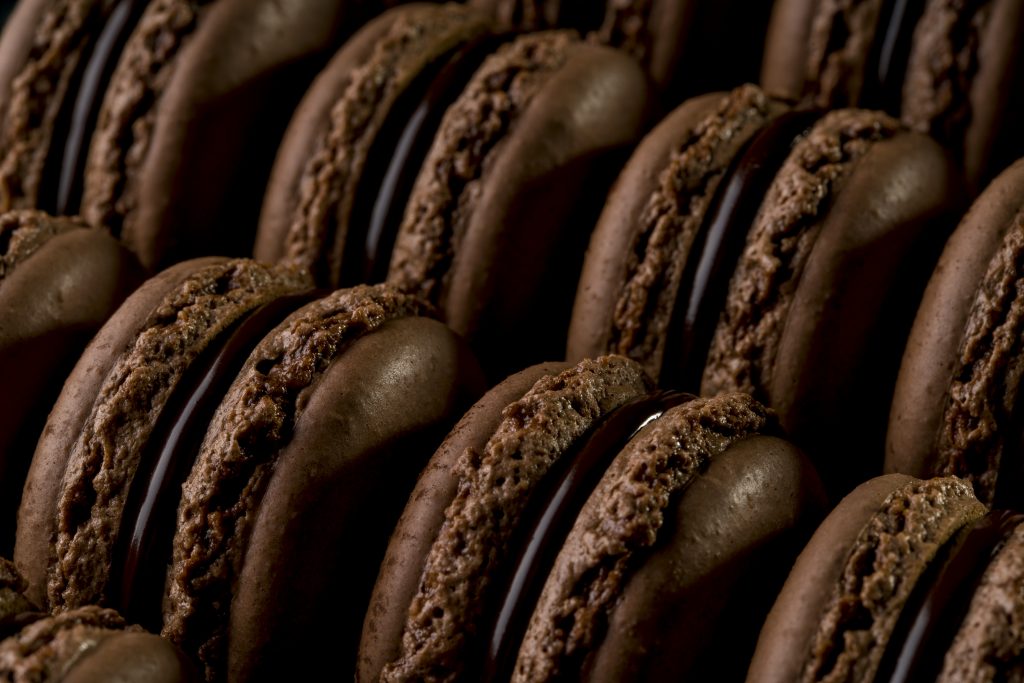
“There is nothing I like more than the work we are doing with Cacao Barry—one of the Barry Callebaut brands—with its product range called Pureté. To our customers and chocolate lovers, Pureté is a promise to deliver uniquely flavourful chocolate that can be paired with anything, no conflicting aromas whatsoever, the ultimate license to be creative,” Chinyemba adds. But beyond the unique flavour profile, Cacao Barry is working very closely with cocoa farmers, investing in and rewarding their expertise in cocoa post-harvest, which is a critical stage in production during which chocolate flavour is developed. Traceability, sustainability and farm longevity are important commitments by the brand to bring chocolate directly from farmer to chef.
“Since January, we have taken things even further with Cacao Barry,” says Chinyemba. “We have extended our work with farmers from post-harvest to pre-harvest too. This means that farmers are not only trained on innovative fermentation and drying, but also on strategic pre-harvest techniques. Experts come to explain how to work in harmony with the nature and plant other species in their cacao plantations, offering them the opportunity of an additional income while providing a needed shadow to the cacao trees … with healthier and more optimal plantations, farmers have little reason to engage in deforestation of protected rain forests to create more land for farming, a rampant challenge in the cocoa industry today.”
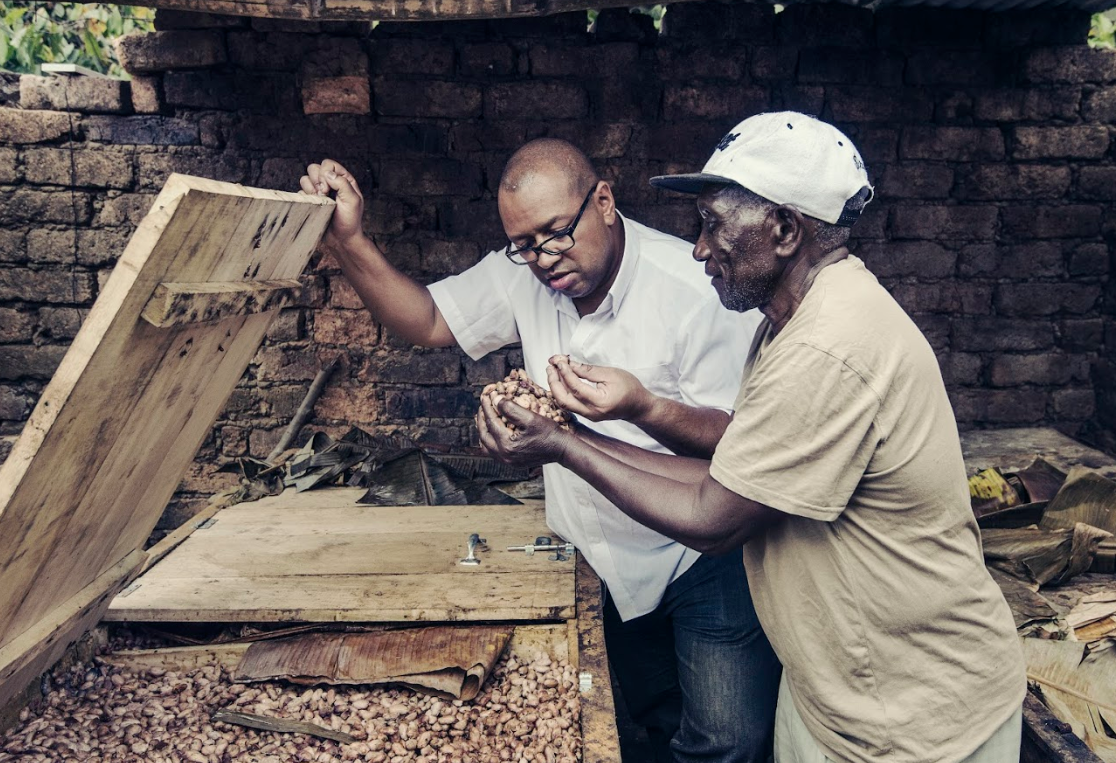
During her years conducting market research around sustainability, Chinyemba discovered that although often people think about sustainability as an opportunity in developed markets, it is especially vital to emerging markets—they are often those most impacted by sustainability challenges. Working with farmers at the source allows Barry Callebaut to educate both producers and consumers, from emerging markets to developed ones.
The future of chocolate is sweet
Barry Callebaut started its first official program around sustainability in 2005, known as the Quality Partner Program. Further building on the work of the QPP program, in 2015 they created an independent, non-profit foundation committed to cocoa farmer prosperity and helping build self-sustaining farming communities, the Cocoa Horizons Foundation. In 2016, they went public with the Forever Chocolate commitment.
With aggressive and game-changing goals, Forever Chocolate is a movement that sets an example for the chocolate industry. It is a commitment to eradicating child labour in the supply chain, lifting over half a million of cocoa farmers out of poverty, becoming carbon and forest positive, providing 100 per cent sustainable ingredients—these are the four pillars of Barry Callebaut’s commitment. With these major changes, Barry Callebaut will change the way chocolate is produced around the world by 2025.
“Not only because that’s the right thing to do, but because it makes for good business.” – Barry Callebaut CEO Antoine de Saint-Affrique.
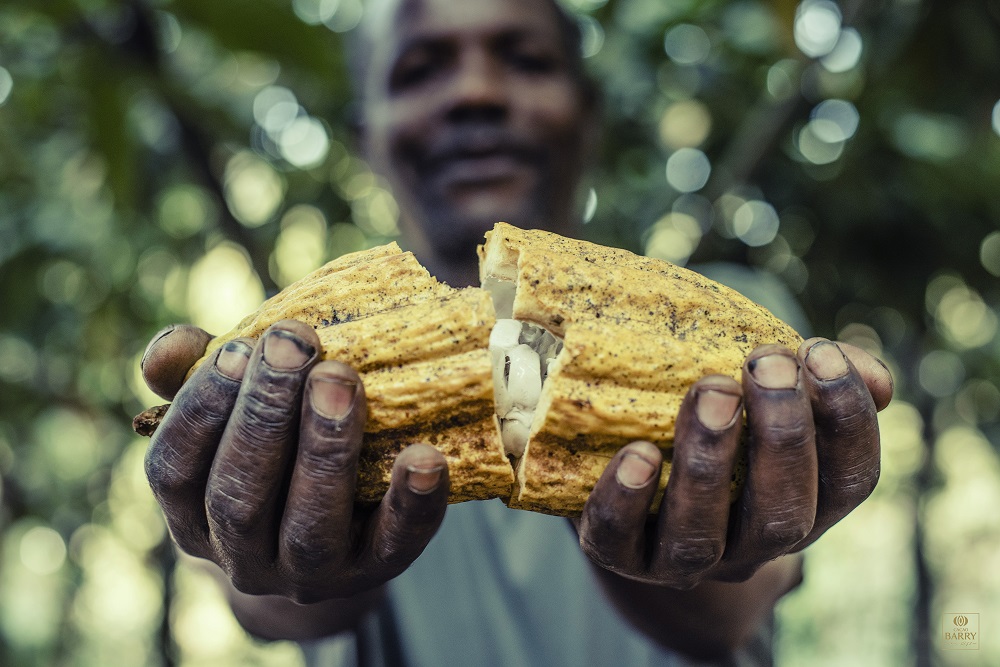
Chinyemba is following the progress of this ambitious plan closely. The latest progress report showcases that 44 per cent of their cocoa has been sourced sustainably. “We are making good progress, investing a lot, learning a lot and adjusting as we go,” she discloses. With the changes in procurement, Chinyemba has noticed a difference in her customer’s behaviour too. “I find myself doing more and more customers visits,” she says. And now, as the Barry Callebaut Sustainable Brand Development Manager, Chinyemba is able to answer the client’s ever-growing questions while explaining how they made a choice, as one of the largest chocolate companies in the world, to put the farmers, their families and their communities at the center of the conversation.
“It’s not just about producing more and more cocoa, it’s about creating a sustainable plantation and a sustainable life for the cocoa farmers, so they stay interested in producing and proud to make a great product, so we can all continue to enjoy chocolate,” she concludes. “Not only because that’s the right thing to do, but because it makes for good business,” says Chinyemba.
Thanks Ruva Chinyemba for speaking at RC Show 2019 on the Local Stage. And thanks to Barry Callebaut and Cacao Barry for joining us as exhibitors!
